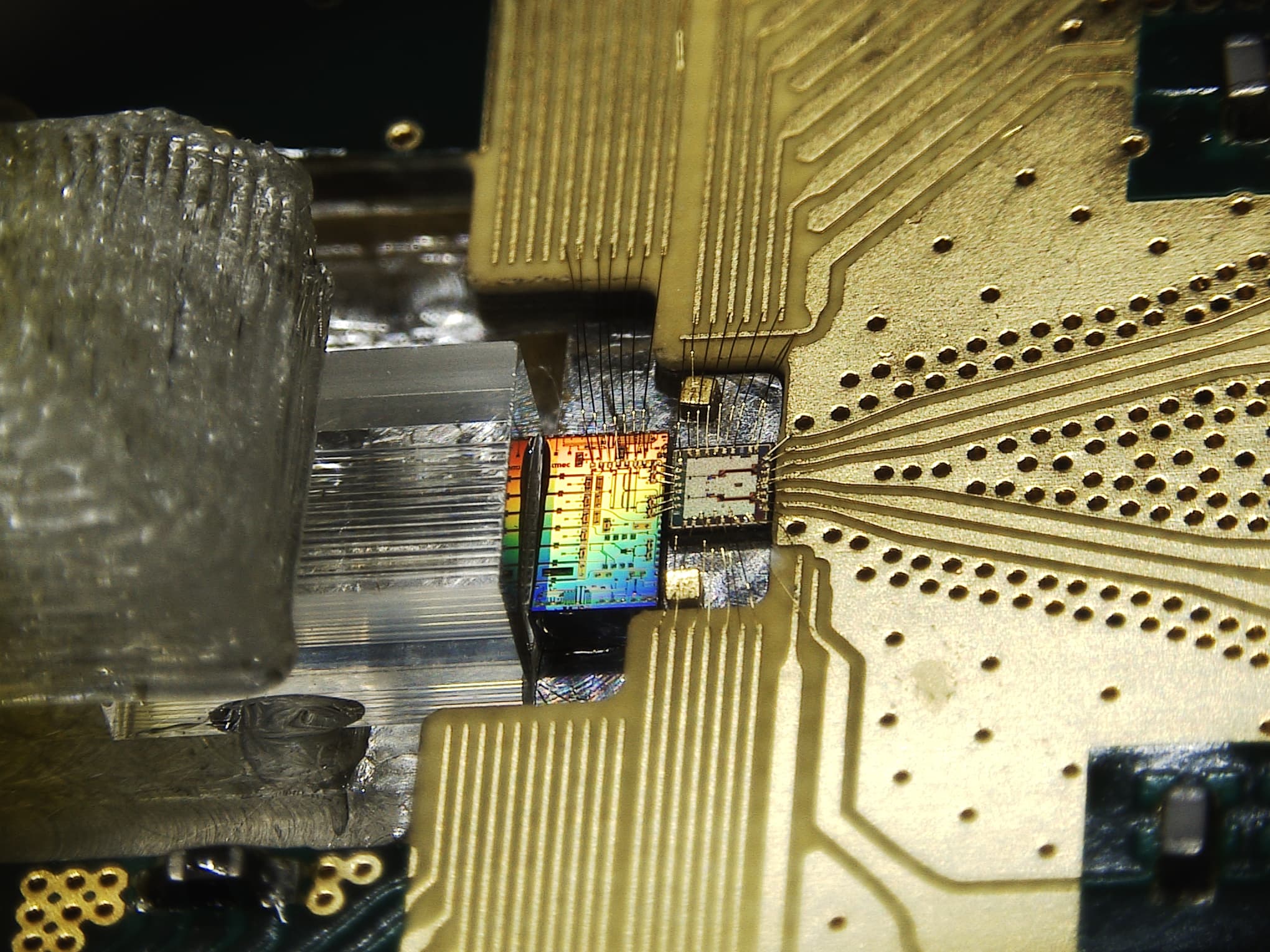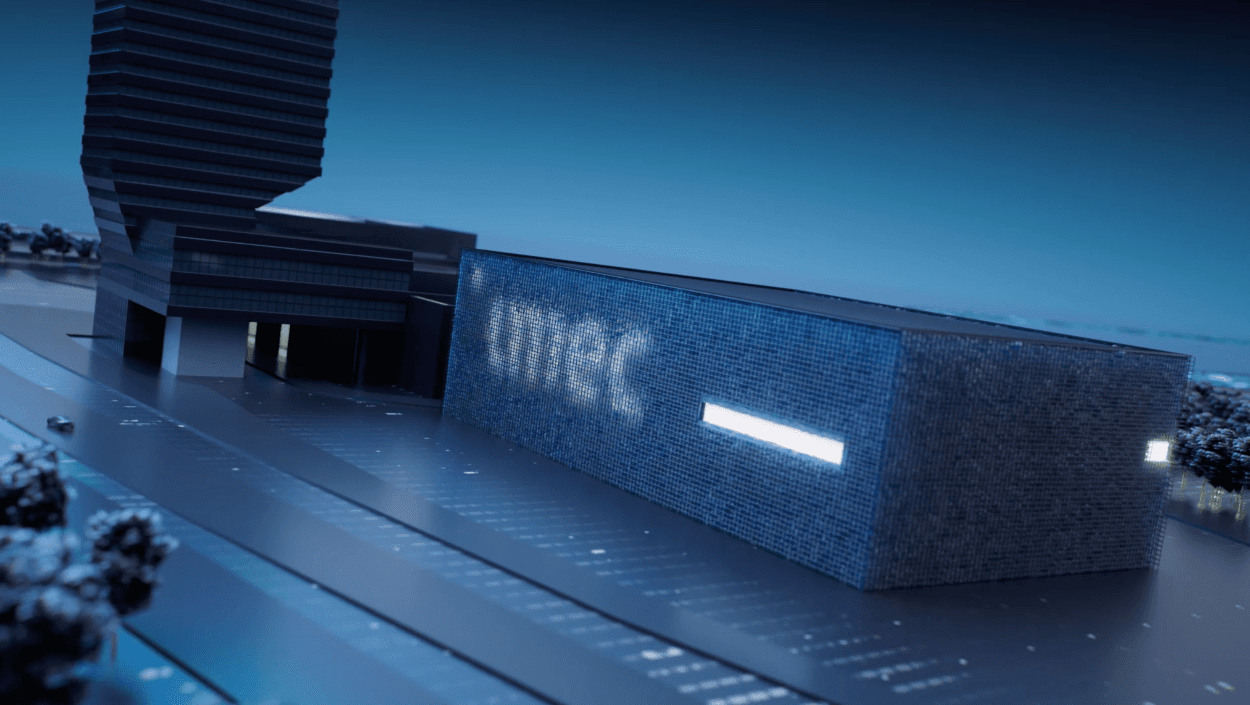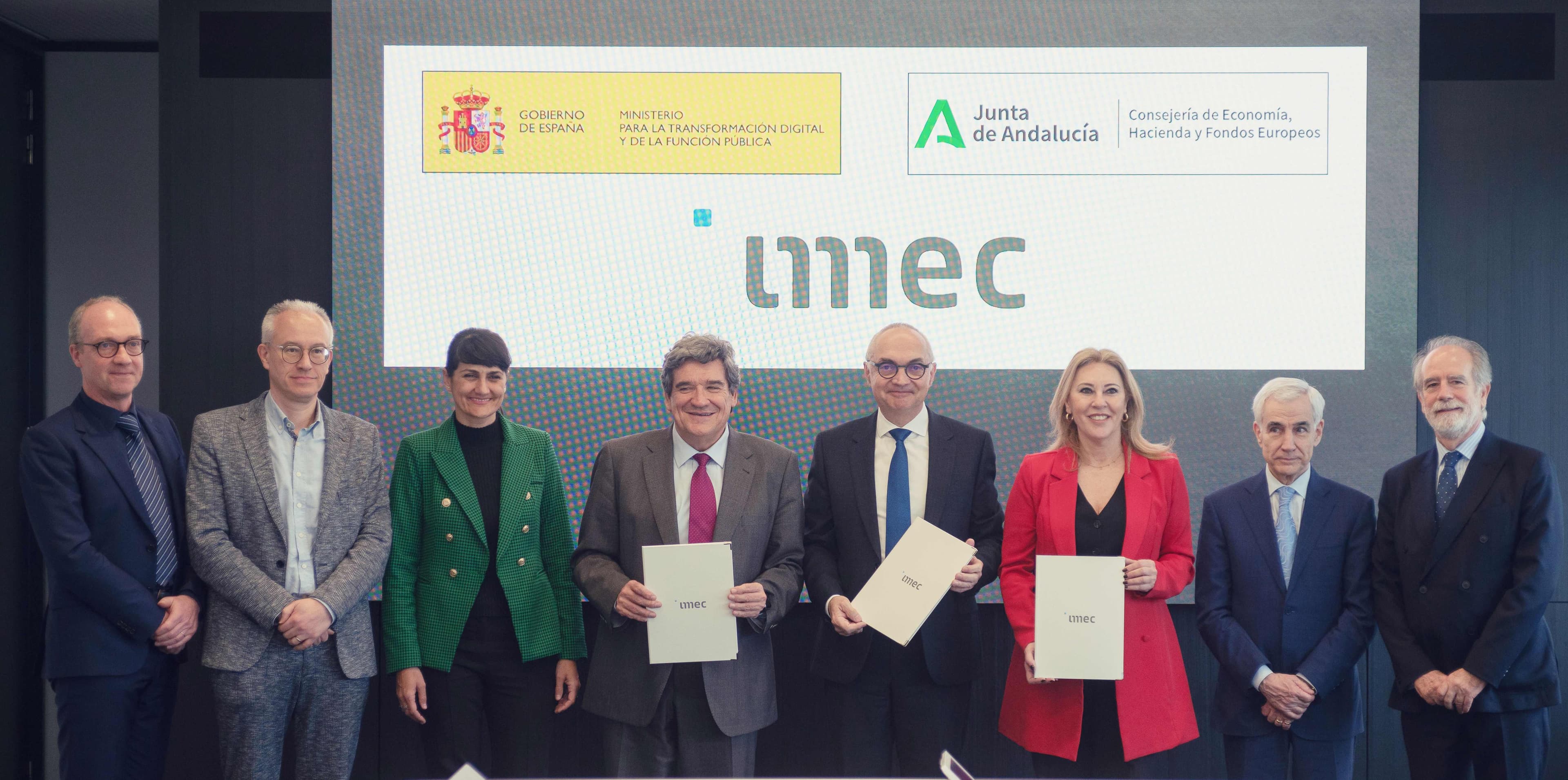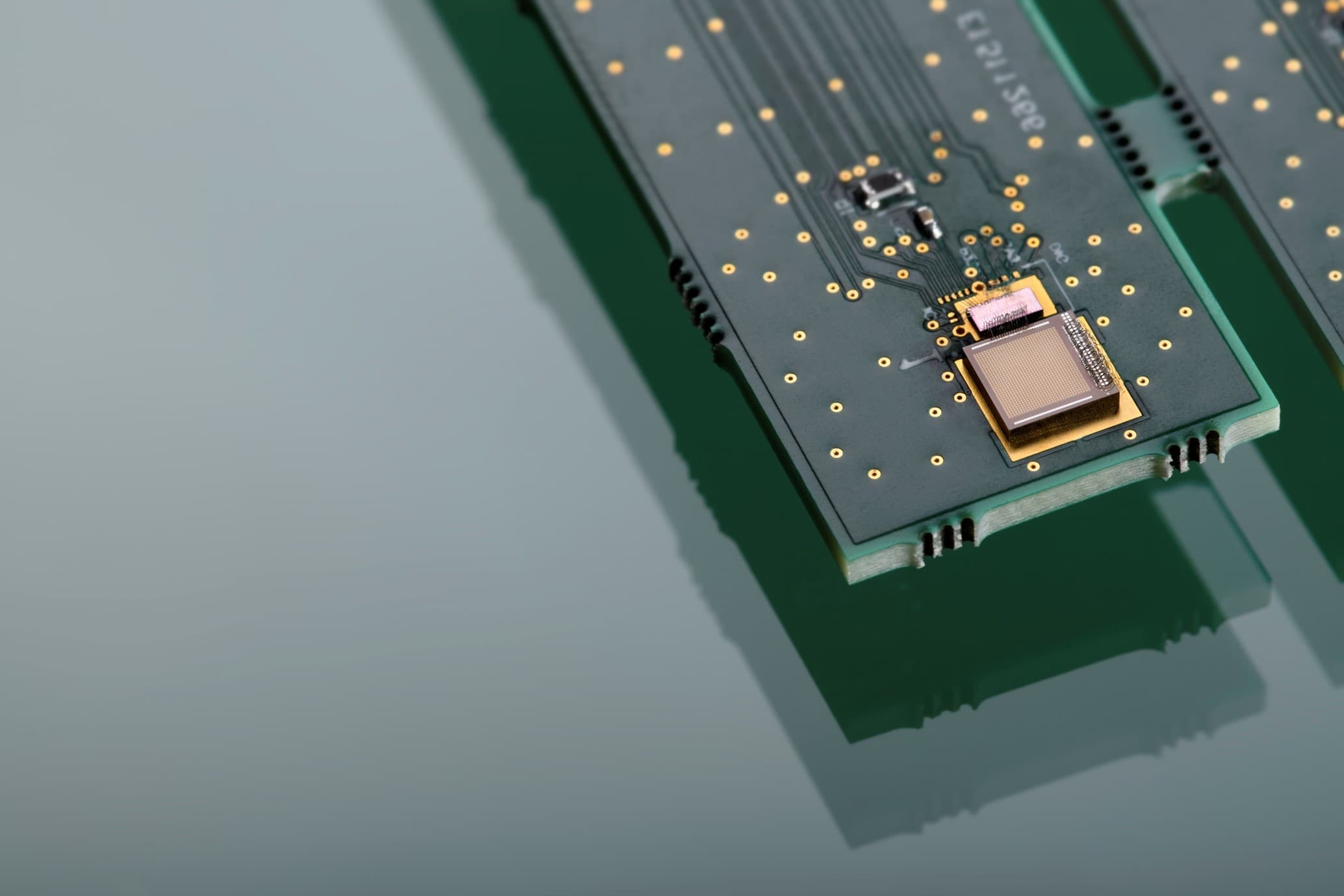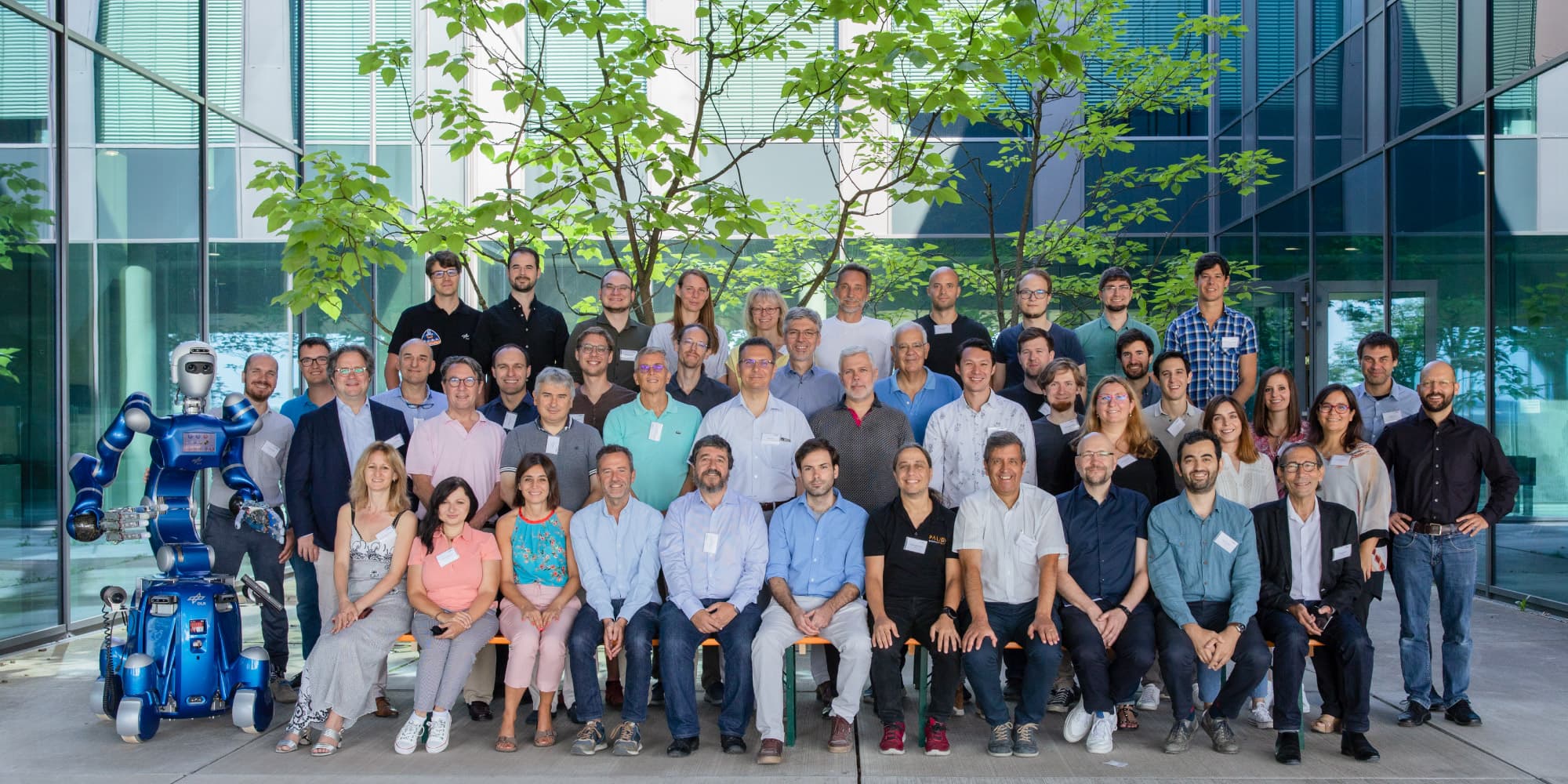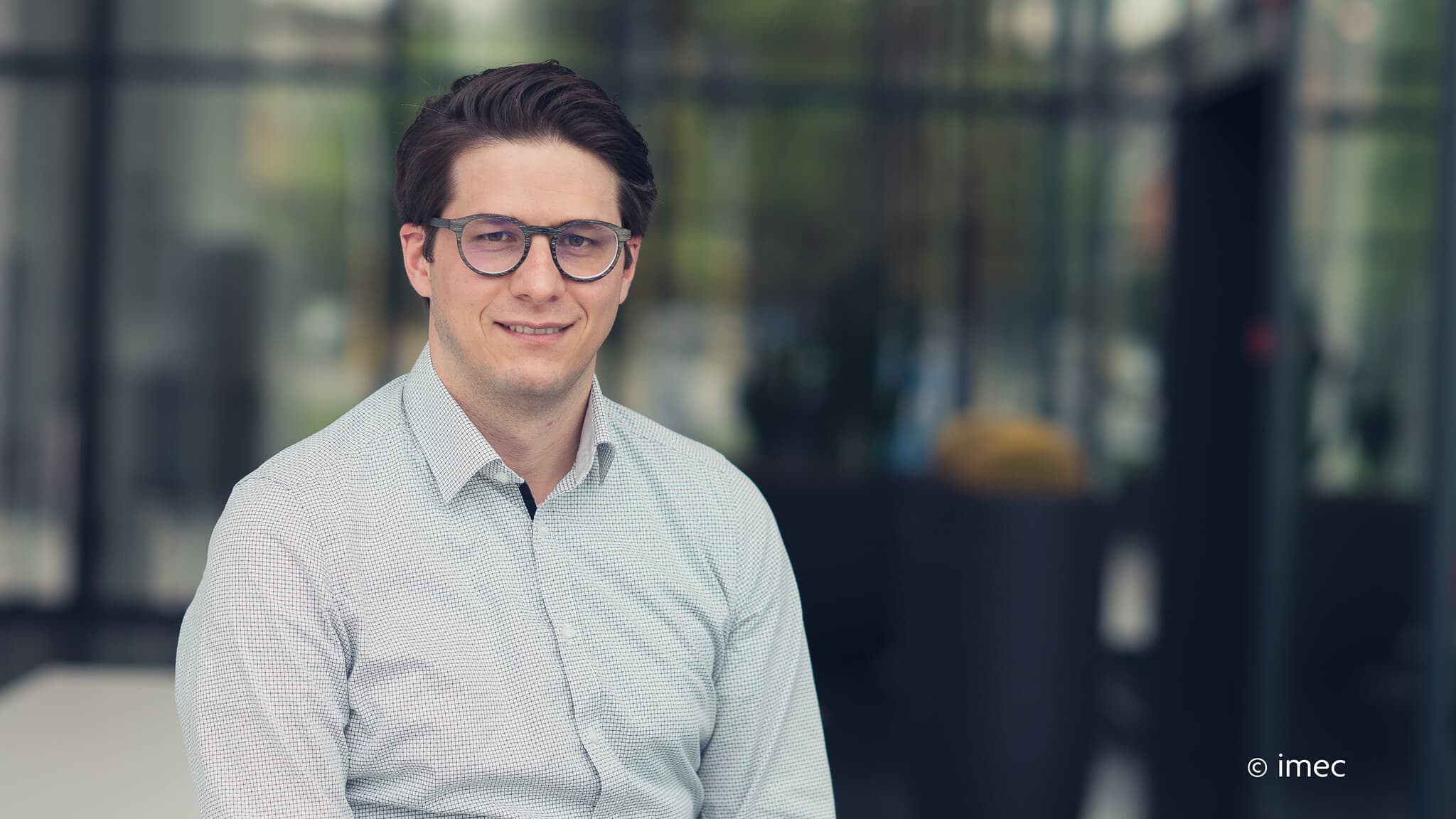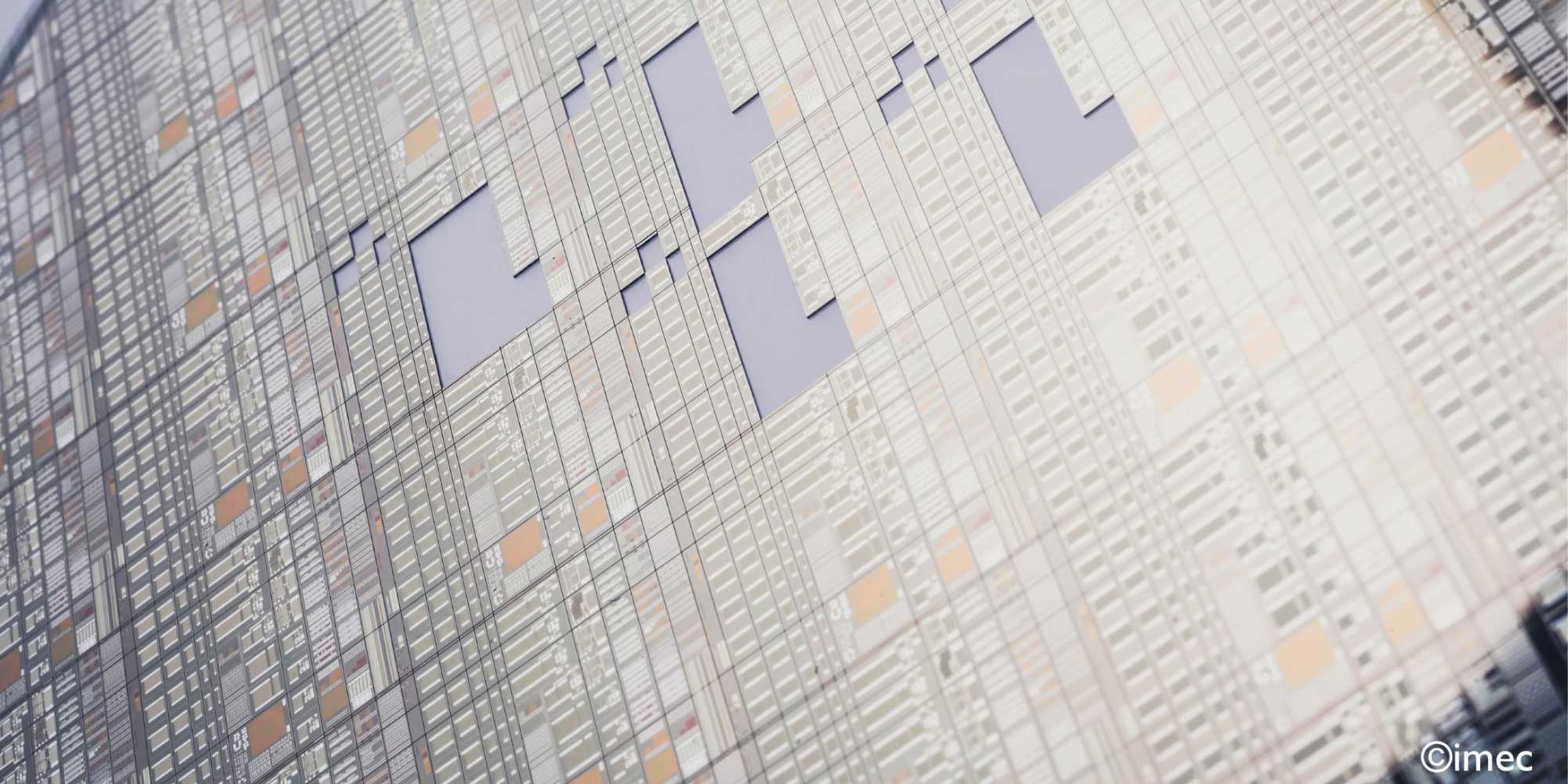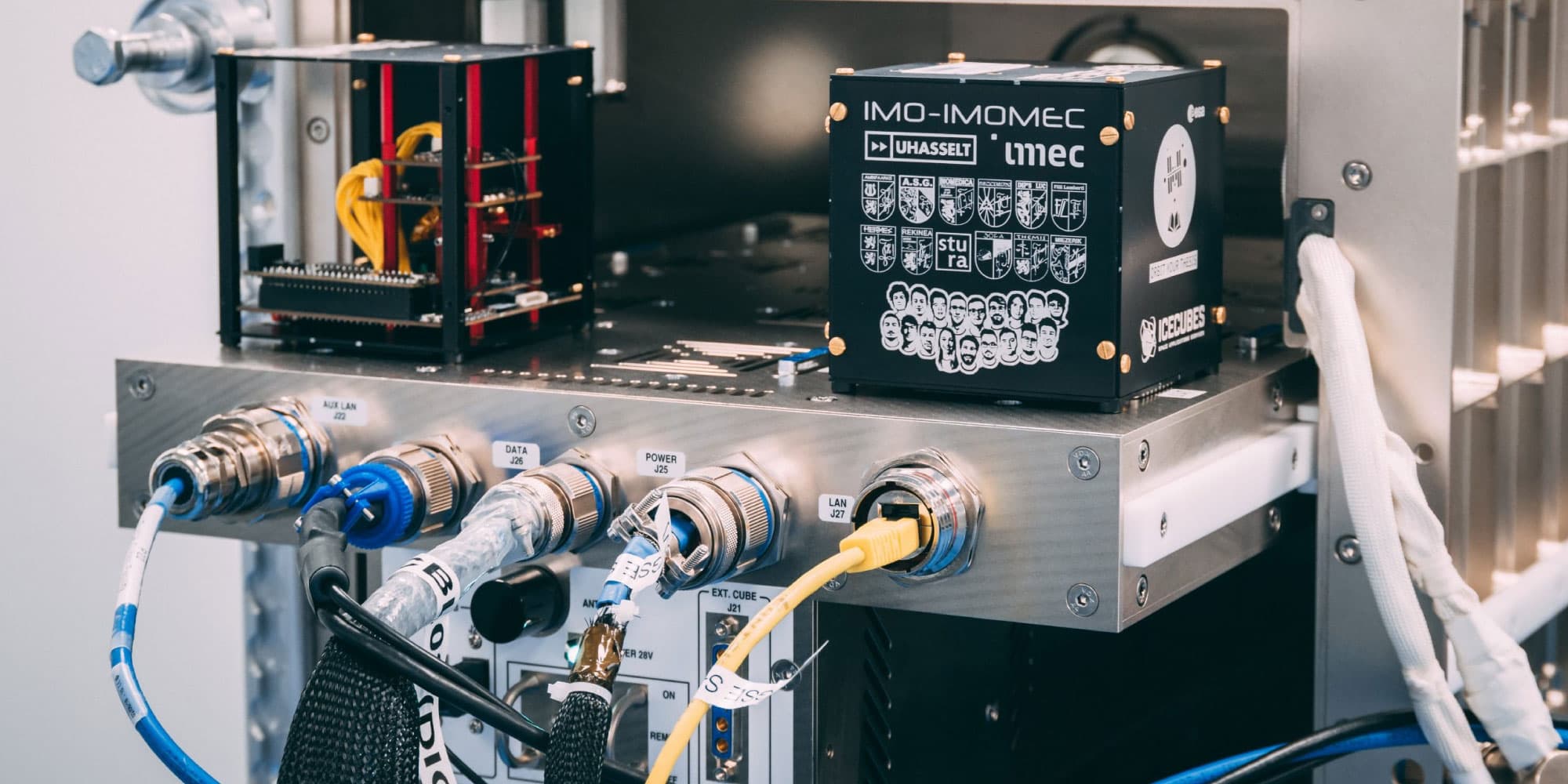Partner related news
ASCENT+ launches Transnational Access for the nanoelectronics research community to key European institutes - representing €2.5 billion investment
About ASCENT+
ASCENT+ presents a unique opportunity for Europe to regain global leadership in Nanoelectronics at a pivotal time as the horizon broadens beyond Moore’s law.
ASCENT+ will grow a first-class research and innovation network through the participation of Silicon Europe Alliance members: DSP Valley (BE), MIDAS (IE), Minalogic (FR) and Silicon Saxony (DE) as well as the SiNANO Institute (FR), reaching out to over 3,700 members.
This project has received funding from the European Union’s Horizon 2020 research and innovation programme under Grant Agreement No. 871130.
About ASCENT+ Partners
Tyndall National Institute is a leading European research centre in integrated ICT hardware and systems. Central to Tyndall’s mission is delivering economic impact through research excellence. We work with industry and academia to transform research into products in our core market areas of communications, agri-tech, energy, environment and health.
Tyndall is home to a high-tech national research infrastructure unique in Ireland and is key to the national economy. Tyndall uses its facilities and expertise to support industry and academia globally and provides large numbers of highly qualified graduate students. Our researchers have won numerous awards for their ground-breaking research on new materials, devices and systems across micro/nanoelectronics and photonics, including in the areas of ICT for Health, smart farming, wearables and the industrial Internet of Things (IoT).
We are also a lead partner in European research programmes. In H2020, we deliver value to European research in 99 projects so far (16 as coordinator).
Further information on TYNDALL can be found at www.tyndall.ie/
Imec is a world-leading research and innovation hub in nanoelectronics and digital technologies. The combination of our widely acclaimed leadership in microchip technology and profound software and ICT expertise is what makes us unique. By leveraging our world-class infrastructure and local and global ecosystem of partners across a multitude of industries, we create groundbreaking innovation in application domains such as healthcare, smart cities and mobility, logistics and manufacturing, energy and education.
As a trusted partner for companies, start-ups and universities we bring together more than 4,000 brilliant minds from almost 100 nationalities. Imec is headquartered in Leuven, Belgium and has distributed R&D groups at a number of Flemish universities, in the Netherlands, Taiwan, USA, and offices in China, India and Japan. In 2019, imec's revenue (P&L) totaled 640 million euro.
Further information on imec can be found at www.imec-int.com.
Leti, a technology research institute at CEA, is a global leader in miniaturization technologies enabling smart, energyefficient and secure solutions for industry. Founded in 1967, CEA-Leti pioneers micro-& nanotechnologies, tailoring differentiating applicative solutions for global companies, SMEs and startups. CEA-Leti tackles critical challenges in healthcare, energy and digital migration. From sensors to data processing and computing solutions, CEA-Leti’s multidisciplinary teams deliver solid expertise, leveraging world-class pre-industrialization facilities. With a staff of more than 1,900, a portfolio of 3,100 patents, 10,000 sq. meters of cleanroom space and a clear IP policy, the institute is based in Grenoble, France, and has offices in Silicon Valley and Tokyo. CEA-Leti has launched 65 startups and is a member of the Carnot Institutes network.
Follow us on www.leti-cea.com
Fraunhofer-Gesellschaft, headquartered in Germany, is the world’s leading applied research organization. Fraunhofer develops key technologies that are vital for the future and enables the commercial exploitation of this work by business and industry, thus playing a central role in the innovation process. Today, Fraunhofer-Gesellschaft operates over 74 institutes and research institutions with 28,000 employees. Current annual research budget amounts to €2.8 billion. Thereof, €2.3 billion are generated through contract research, including roughly €95 million funded by the European Commission. The Fraunhofer Group for Microelectronics consists of 11 institutes with a combined staff of over 3600 and an annual operational budget of over €500 million. The technology spectrum ranges from 300mm CMOS technologies to hetero-integrated smart devices and novel end user applications. Together with 2 additional institutes of the Leibniz association these institutes are the Research Fab Microelectronics Germany, FMD, the backbone of research and development in microelectronics in Germany.
More information on: www.mikroelektronik.fraunhofer.de/
The International Iberian Nanotechnology Laboratory (INL), is the first and, so far, the only, international research organization in Europe in the field of nanotechnology. INL had been established in 2005 by a joint decision of the Governments of Portugal and Spain, with the mission to perform cutting-edge interdisciplinary research and development in nanoscience and nanotechnology and to function as an innovation integrator in multiple application domains.
Operating since late 2010, following an investment of 100 M€, INL is on the Portuguese Road Map of Research Infrastructures. INL is currently financed by member-state contributions, competitive funds from national and international calls, and fees from users and industry. The research and development environment at INL includes a state-of-the-art cleanroom for nanofabrication and comprehensive facilities for testing and nanocharacterization of devices and materials. At the beginning of 2020, there were 368 people of over 40 nationalities working at INL, 312 of them researchers.
More information on: https://inl.int/
The SiNANO Institute is the European Academic and Scientific Association for Nanoelectronics, gathering 22 reknown Universities and Research Centers from 13 European countries. Sinano carries out a role of representation and coordination of the associated Organizations in order to strengthen the impact of the research activities at EU level in this very important field for many future applications and markets.
Members of the Institute are particularly exploring disruptive science and technology aspects for long term to identify the most promising topics for future ICT and speed up technological innovation. Activities from More Moore, More than Moore, Beyond CMOS to Smart Systems and System Design are sound competences of Sinano.
We are also organizing international Workshops and Conferences to develop high competence levels in Europe, and participating in roadmap definition. In this respect, the Sinano Institute is the European representative of IRDS. Sinano plays an important role in European structuring and programs, in collaboration with Research Institutes and Industry, and strengthens the overall efficiency of the European research in Nanoelectronics.
More information on: www.sinano.eu
MIDAS Ireland is an industry led cluster consisting of over 60 member organisation from industry, educational, research and government agencies, working together to assist in the development of the electronics based systems sector in Ireland. MIDAS began in 1999 as the Microelectronics Industry Design Association with a focus mainly on the design of advanced integrated circuits. Today MIDAS Ireland represents the entire value chain, as the industry evolves to deliver more complete electronic and software system solutions with €13.5bn export revenue and €325m in annual R&D spend. MIDAS Ireland is the key enabler of networking and collaborative opportunities within our industry and represents the needs of the sector to government. It supports the upskilling of graduate and professional engineers to meet the ever changing needs of this ‘deep tech’ sector.
More information on: www.MidasIreland.ie
DSP Valley is the organization for companies creating, applying, and adapting to electronic solutions and digital technologies in the Low Countries. As a cluster organization, our mission is to Breed Digital Business through Collaborative Business Development. We do this for our members through local, regional, and international networks focused on 5 major areas: Smart City, Smart Health, Smart Mobility, Industry 4.0, Digital Technologies. DSP Valley takes part in European projects such as ASCENT+ as a further broadening of these activities, bringing expertise and a strong network to consortia.
Headquartered in Leuven, Belgium, DSP Valley also has offices in Eindhoven (NL), Antwerp (BE), and Hasselt (BE).
More information on: https://breedingdigitalbusiness.com/
Minalogic is a global innovation cluster for digital technologies serving France’s Auvergne-Rhône-Alpes region. The cluster supports leading innovators by facilitating networking, fostering collaborative R&D, and providing companies with personalized assistance throughout all phases of business growth. The products and services developed by our members address most industries including ICT, healthcare, energy, advanced manufacturing and mobility.
Minalogic has 400 members, including academic laboratories, RTOs and 320 companies, among which 75% are SMEs. Our members develop and/or integrate components, materials, services and solutions based on innovative microelectronics, photonics and software.
The cluster has certified more than 450 projects that have secured total government funding of €838 million of the more than €2 billion in total R&D spending these projects represent. This resulted in 56 products and generated €3,6 billion in revenue.
Minalogic is a proud member of Silicon Europe and was awarded with Gold Label for Cluster Excellence for the 2nd time in 2016.
More information on: www.minalogic.com/en/
With more than 350 members, Silicon Saxony e. V. is the largest high-tech network in Saxony and one of the largest microelectronics and IT clusters in Germany and Europe. Since its foundation in 2000, Silicon Saxony has been a selffinanced association linking manufacturers, suppliers, service providers, universities, research institutes, public institutions as well as industry-relevant start-ups in Saxony and beyond.
The cluster’s focus is on technological trends of the present and future - e.g. artificial intelligence, robotics, automation, internet of things, sensors, energy efficiency as well as neuromorphic and edge computing. As a highprofile information, communication and cooperation platform, the association promotes the regional, national and international networking of its members by participating in and organizing industry events and projects.
Moreover, Silicon Saxony is one of the founding partners of Silicon Europe – an alliance of twelve European clusters for advanced electronics and software technologies.
Since 2012, the network bears the GOLD label for excellent cluster management by the European Cluster Excellence Initiative (ECEI).
More information on: www.silicon-saxony.de/en/home/
With about 18,000 students and over 2,500 faculty and staff members, the Johannes Kepler University of Linz (JKU) is one of the main universities in Austria. The Semiconductor Physics Division of the JKU, headed by Prof. Armando Rastelli (the JKU PI within ASCENT+), counts 5 permanent staff members, 5 engineers/technicians and about 30 Post Docs/PhD students. The group has a long-lasting tradition in the field of epitaxial growth, structural and optical characterization of semiconductor quantum dots and operates a modern cleanroom equipped with instruments for epitaxial growth, lithography, metal and dielectric deposition, etching and bonding. Particularly relevant to this project is the experience on the development of strain-tunable sources of quantum light for applications in emerging quantum technologies.
More information on: www.jku.at/en/
Ghent University is a top 100 university and one of the major universities in Belgium, founded in 1817. Ghent University wants to be a creative community of staff, students and alumni, connected by the values the university upholds: engagement, openness and pluralism. Our motto is ‘Dare to Think’: we encourage students and staff members to adopt a critical approach.
Our 11 faculties offer more than 200 courses and conduct in-depth research within a wide range of scientific domains. Ghent University has about 9 000 staff members and over 45 000 students, of which about 12% are international.
Ghent University also has a Global Campus in Songdo, South-Korea, as an important Asian hub for bio industry and life sciences. Ghent University has very strong research activities including 66 ERC projects (June 2019), over 3 000 publications annually, 618 patents and 69 spin-offs in the last decade, and 22 business development centers which enable intensive collaboration with industry.
More information on: www.ugent.be/en
CNRS/IMEP, Institute of Microelectronics, Electromagnetism and Photonics, with staff of 110 persons (60 permanents, 50 PhDs) belongs to the top French micro and nanotechnology research academic laboratories, particularly for micro- and nanoelectronics, microphotonics, microsystems and microwaves. CNRS/IMEP is focusing on CMOS and post-CMOS nanoelectronics, as well as new materials and smart devices such as i) advanced CMOS components on bulk silicon, SOI, SiGe and strained Si, ii) NW and nanometric quantum devices, iii) advanced device electrical characterization and simulation techniques. CNRS/IMEP has been very much involved in many FP6, FP7, and H2020 European projects during the last 15 years as coordinator and participant. CNRS/IMEP is collaborating with major technological centers in Europe as well as with main semiconductor industries (ST, SOITEC, GF…). CNRS/IMEP has a 30-year track record in the field of advanced characterization and modelling of semiconductor devices, especially on CMOS and emerging technologies.
More information on: https://imep-lahc.grenoble-inp.fr/
The TU Bergakademie Freiberg, as a resource university, focuses its research and teaching on how to deal responsibly with the finite resources of this earth. To this end, the six faculties develop efficient and alternative technologies for raw material extraction, energy technologies, materials and recycling processes and contribute significantly to solving economic and ecological challenges. With the engineering, natural, geo, material and economic sciences, the university combines all areas of modern raw materials research in the basic area and application-oriented research. About 4,000 students receive a scientifically sound and practice-oriented education in 72 courses of study. The TU Bergakademie Freiberg has a long history in semiconductor material research. In collaboration with local and international industrial partners and research institutes, the Institute of Applied Physics at the TU Bergakademie Freiberg accompanies the development process from the synthesis and characterization of the semiconductor material towards nanoelectronic devices.
More information on: https://tu-freiberg.de/en
Dating back to 1222, the University of Padova is one of the leading Universities in Italy, with its 32 departments, 40 doctoral degree courses and 44 interdisciplinary research and service centres, covering an exceptionally broad research scope. Unipd currently participates in 134 Horizon 2020 actions (45 as a coordinator) for a total budget of 54 Million Euro.
Within the University, the centuries-old tradition initiated with Copernicus and Galileo continues today at the Department of Physics and Astronomy “G. Galilei”, one of the most important research centres for physics and astronomy in Italy, with involvement in research projects at the highest international competitiveness in many fields of fundamental and applied Physics, including Nuclear and Particle Physics, Astronomy and Astrophysics, and Matter Physics, with state of the art infrastructures and important role or access to large scale international laboratories, and an excellent track record in Semiconductor Physics for micro/nanoelectronics and photonics.
More information on: www.unipd.it/en/

